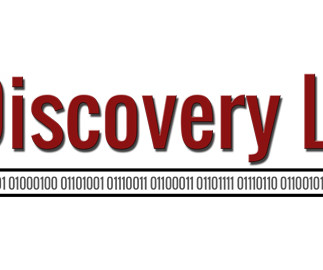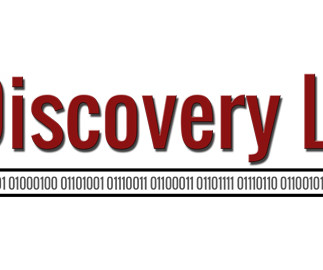Standard for Court-Ordered Forensic Examinations – When Does Misconduct “Cross the Rubicon”?
E-Discovery LLC
JULY 24, 2025
A motion for a forensic examination was granted in PlayUp, Inc. While the producing party’s failures were epic, the thoughtful discussion of the governing standard for forensic examinations is important. Mintas moved to compel or for a forensic examination. Mintas later filed a second motion for forensic examination. “In















Let's personalize your content